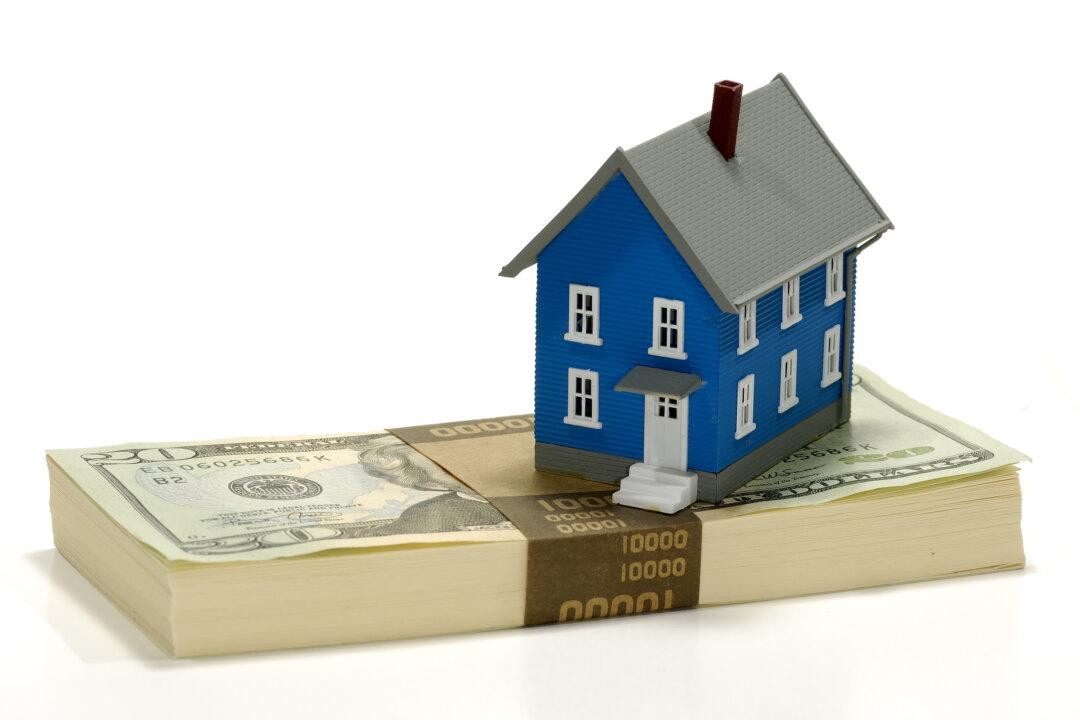By Mia Taylor
From Bankrate.com
You finally own your home free and clear. And now, you want to put that ownership stake to use. Is this even possible?

You finally own your home free and clear. And now, you want to put that ownership stake to use. Is this even possible?